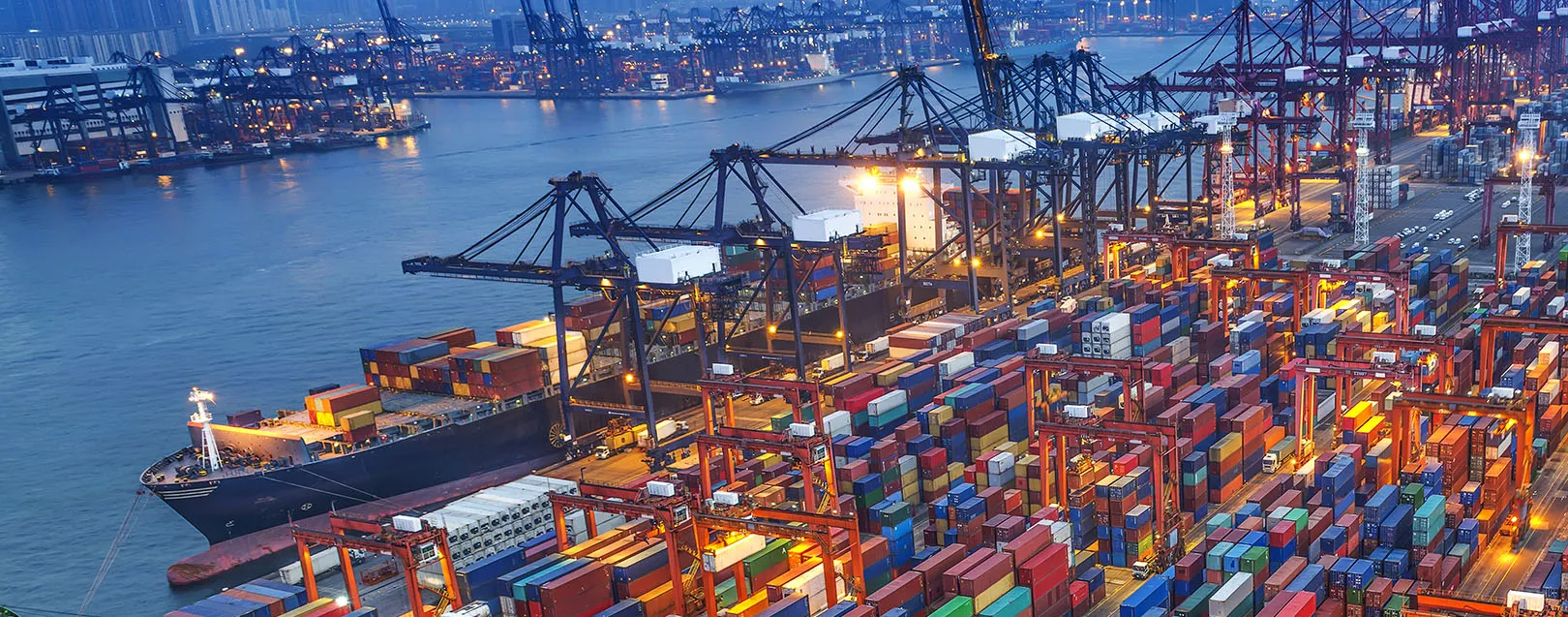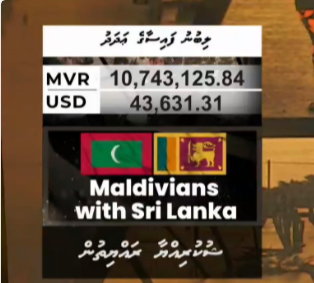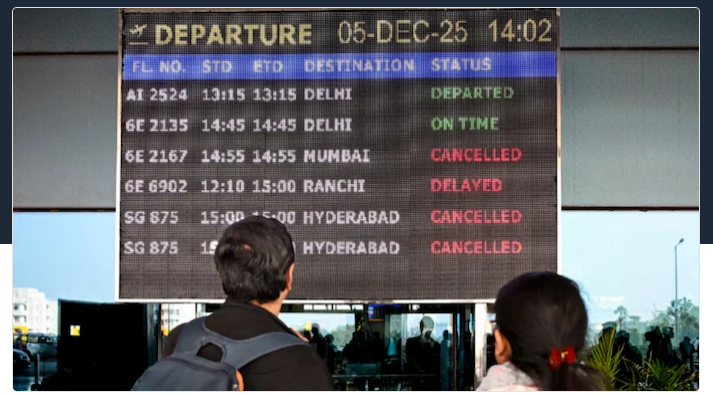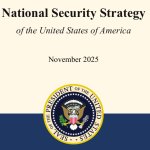NEW DELHI — The Indian government has approved Kandla Port in Gujarat and Visakhapatnam Port in Andhra Pradesh as key hubs for exporting essential commodities to the Maldives for the fiscal year 2024-2025, the Ministry of Commerce and Industry announced today.
Kandla Port, located in India’s Gujarat’s Kutch district, is one of India’s busiest and largest ports, strategically positioned on the nation’s western coast. An all-weather port, Kandla handles a wide array of cargo, including crude oil, chemicals, and containers, and is complemented by a Special Economic Zone (SEZ) aimed at boosting export-oriented industries. The port is well-connected to major industrial centers across northern and western India via road and rail.
Visakhapatnam Port, situated on the east coast in Andhra Pradesh, is among the oldest and most significant ports in India. Often referred to as the “Jewel of the East Coast,” Visakhapatnam features a natural harbor and handles diverse cargo types, from iron ore to petroleum products. The port also serves as a vital gateway for industries in central and eastern India and is home to a major naval base.
In 2023, Visakhapatnam Port broke into the top 20 rankings in the World Bank’s Container Port Performance Index, securing the 19th spot globally. This ranking, part of the fourth edition of the index developed by the World Bank and S&P Global Market Intelligence, marks Visakhapatnam as the only Indian port to achieve this distinction.
https://etruth.mv.widelensreport.com/maldives-diplomatic-u-turn-from-india-out-to-welcome-india-as-ties-warm/
“India’s SEZs, which offer favorable trade conditions such as tax incentives, streamlined customs procedures, and modern infrastructure, are positioned to offer substantial opportunities for Maldivian businesses,” said Gopi Rokkam, an expert in international business based in Visakhapatnam and Vizag port cities. “Companies in the Maldives may find these zones advantageous for manufacturing, logistics, and warehousing, potentially lowering costs and improving access to international markets.”
“For Maldivian businesses, these ports and SEZs open up avenues in areas such as tourism, hospitality, financial services, technology, and training,” Rokkam added. “However, tapping into these benefits will require careful consideration of SEZ regulations, logistics, and market dynamics in both India and the Maldives.”










